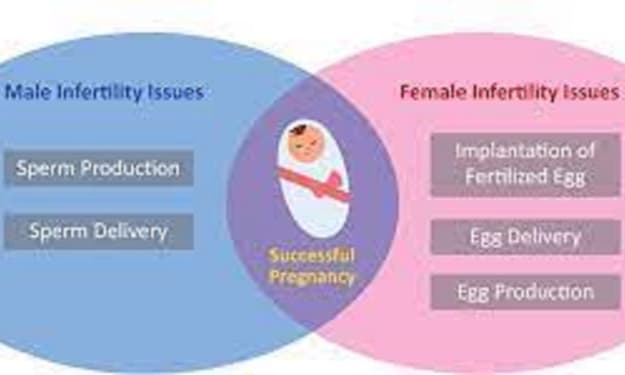How the Chicken is Harmful for Human Body
Effects of Chicken Meet

Chicken is one of the most popular and widely consumed meats around the world. While it is a healthy and versatile source of protein, chicken can also pose a risk for several diseases if not handled and cooked properly. In this article, we will discuss some of the diseases that can be caused by chicken and how to prevent them.
Salmonellosis: Salmonellosis is a bacterial infection caused by the Salmonella bacteria, which can be present in raw or undercooked chicken. Symptoms of salmonellosis include diarrhea, fever, and abdominal cramps. The illness can last for several days and can be severe, especially in young children, older adults, and those with weakened immune systems.
To prevent salmonellosis, it is essential to cook chicken thoroughly, with an internal temperature of at least 165°F (74°C). It is also important to avoid cross-contamination by washing hands and surfaces that come into contact with raw chicken thoroughly with soap and water.
Campylobacteriosis: Campylobacteriosis is another bacterial infection that can be caused by handling or consuming raw or undercooked chicken. Symptoms of campylobacteriosis include diarrhea, cramping, fever, and abdominal pain. The illness can last for up to a week and can be severe, especially in young children, older adults, and those with weakened immune systems.
To prevent campylobacteriosis, it is important to cook the chicken to an internal temperature of at least 165°F (74°C) and to avoid cross-contamination by washing hands and surfaces that come into contact with raw chicken thoroughly with soap and water.
Avian Influenza (Bird Flu): Avian influenza, also known as bird flu, is a viral infection that can be transmitted from chickens to humans. The disease can cause a range of symptoms, from mild to severe, including fever, cough, sore throat, and difficulty breathing. In some cases, avian influenza can be fatal.
To prevent avian influenza, it is important to cook chicken thoroughly, with an internal temperature of at least 165°F (74°C), and to avoid contact with live poultry, including chickens, ducks, and geese.
Staphylococcal food poisoning: Staphylococcal food poisoning is caused by consuming food contaminated with Staphylococcus aureus bacteria, which can be present in chicken if not handled and stored properly. Symptoms of staphylococcal food poisoning include nausea, vomiting, stomach cramps, and diarrhea.
To prevent staphylococcal food poisoning, it is important to store chicken at a safe temperature, below 40°F (4°C), and to cook chicken thoroughly to an internal temperature of at least 165°F (74°C). It is also important to avoid cross-contamination by washing hands and surfaces that come into contact with raw chicken thoroughly with soap and water.
Clostridium perfringens food poisoning: Clostridium perfringens food poisoning is caused by consuming food contaminated with Clostridium perfringens bacteria, which can be present in chicken if not handled and cooked properly. Symptoms of clostridium perfringens food poisoning include abdominal pain, diarrhea, and fever.
To prevent clostridium perfringens food poisoning, it is important to cook chicken thoroughly, with an internal temperature of at least 165°F (74°C), and to avoid holding cooked chicken at room temperature for an extended period. Chicken should be cooled and stored at a safe temperature below 40°F (4°C).
In conclusion, chicken is a popular and healthy source of protein, but it can also pose a risk for several diseases if not handled and cooked properly. To prevent salmonellos
To prevent salmonellosis, campylobacteriosis, avian influenza, staphylococcal food poisoning, and clostridium perfringens food poisoning, it is essential to handle and cook chicken with care. This includes cooking chicken to an internal temperature of at least 165°F (74°C), avoiding cross-contamination, and storing chicken at a safe temperature.
Additionally, it is important to be aware of any outbreaks of these diseases in your local area and to follow any public health recommendations or guidelines. If you suspect that you have become ill from consuming chicken, it is important to seek medical attention right away.
By following these precautions and being vigilant about food safety, you can enjoy the health benefits of chicken while minimizing your risk of contracting a foodborne illness.
About the Creator
Sumera Saeed
I am a professional article writer since 2015. The best topic in my field is Food, Beauty, Business, and health. You can also request on my E-mail address which is given on my site.





Comments
There are no comments for this story
Be the first to respond and start the conversation.